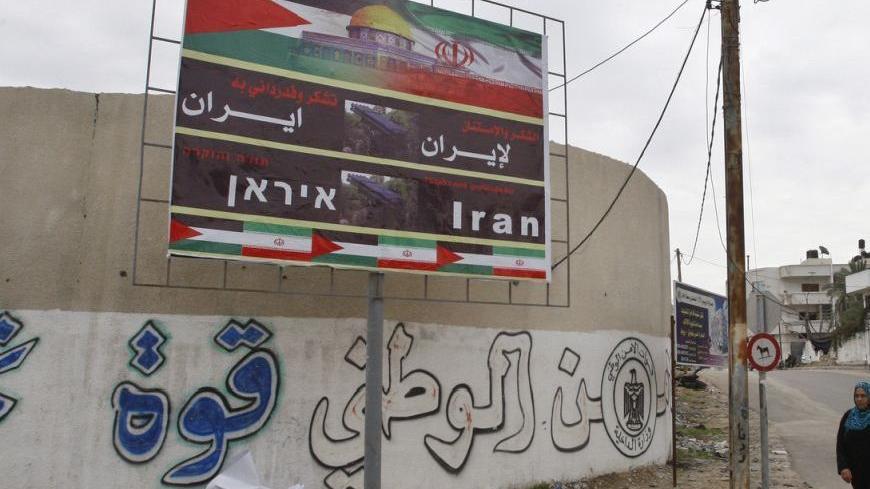For Iran and the Assad regime, intermission is over. The swift ending of the Gaza conflict is likely to thrust the bloodshed in Syria and the Iranian nuclear crisis back onto center stage, with an invigorated Western-Arab alliance raising the curtain and directing the spotlight. Yet, in their overly romantic portrayal of successful US shuttle diplomacy and Egypt’s emergence as a responsible mediator, global punditry has underestimated the ayatollahs' continued ability to plunge the Gaza Strip back into chaos at their leisure.
Iran purposefully and undoubtedly fired the first shots of this latest escalation, which began four days prior to Israel’s assassination of Hamas leader Ahmed Jabari on Nov. 14. On Nov. 10, militants from the Iranian-backed Popular Resistance Committees (PRC) fired an advanced Kornet missile at an IDF border patrol, igniting four days of hostilities between Israel and other Gaza-based militant groups, primarily Hamas and Islamic Jihad. The use of such a highly accurate weapon was a game changer, prompting the IDF to plan Jabari’s killing soon after as a response.


